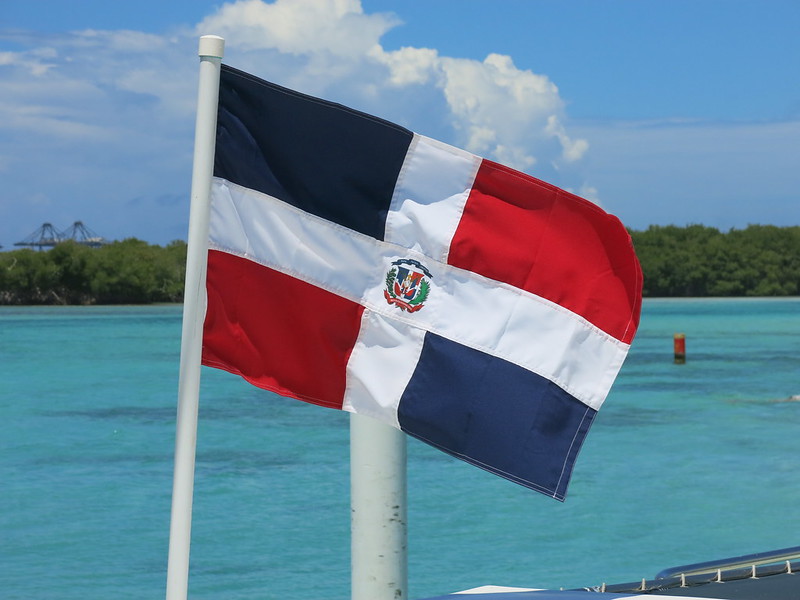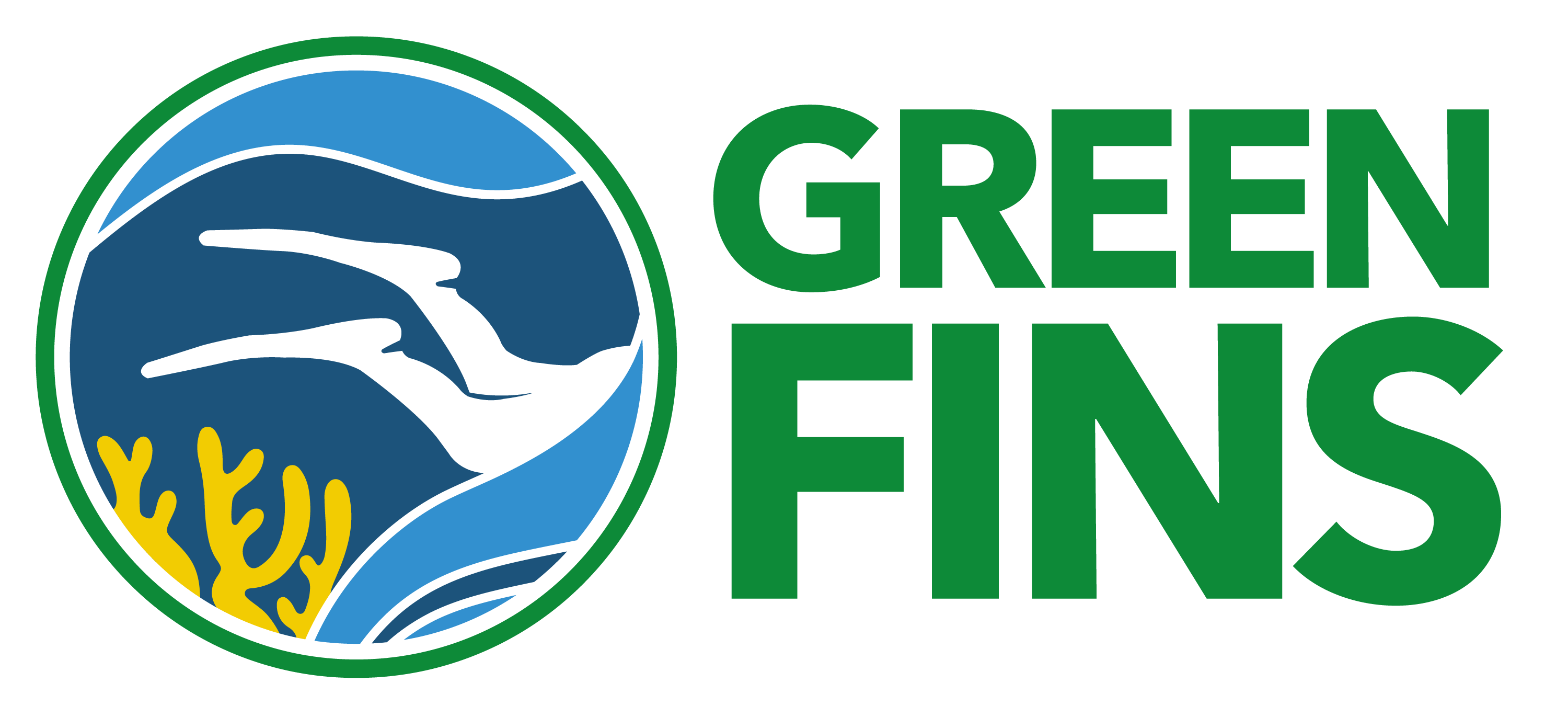IDB support to enable Green Fins Global Hub development and launch of Green Fins Costa Rica
The Reef-World Foundation – the international coordinator of the UN Environment Programme’s Green Fins initiative – is thrilled to announce its Green Fins Global Hub proposal has been selected for project design under IDB Lab’s Beyond Tourism Challenge. This funding enables Reef-World to begin full development of the much-anticipated Green Fins Global Hub.
The Green Fins Global Hub is a first-of-its-kind online platform which will empower marine tourism businesses to measurably improve their sustainability efforts. The Hub will house an online support system to raise operator awareness of the potential threats their business practices pose to the environment and offer practical, proven solutions to address these. In this way, the digital global solution will encourage compliance with internationally recognised environmental standards, safeguard biodiversity and stimulate green tourism; ultimately, resulting in better protection of fragile coral reefs globally.

The Beyond Tourism project support enables Reef-World to begin the development of the Hub, which will initially be piloted by marine tourism operators in the Dominican Republic and Costa Rica. As an already established Green Fins country, the Dominican Republic team will share successes and learnings with Costa Rica, which will launch Green Fins as a result of this project support. By digitising the support it provides to reef-dependent businesses through the Hub, Reef-World will overcome traditional capacity and time constraints, reach previously inaccessible operators and upscale the overall conservation impact of its Green Fins initiative.
Chloe Harvey, Director of The Reef-World Foundation, said: “The Green Fins Global Hub has been generating excitement among dive centres around the world for some time so we’re delighted that IDB Lab has recognised the huge conservation impact it will have and selected it for project design. By the end of the two-year project, we expect to have fully autonomous Green Fins assessor teams in both Costa Rica and the Dominican Republic as well as a global digital platform with the potential to reach 30,000 marine tourism operators across 100 countries and upskill around 48,000 staff. Empowering the industry to collaborate for improved sustainability is essential in influencing the consumer choices of the 171 million travellers visiting reef hotspots annually and will have a significant conservation impact. We can’t wait to get started!”
This project creates a tipping point for sustainable reef tourism globally by helping the industry identify pressing environmental threats and providing proven solutions. By improving sustainability across the marine tourism industry, the Hub will protect coral reefs and related ecosystems from local stressors. Minimising local threats enables these vital ecosystems to become more resilient to global stressors, such as those associated with climate change. It also protects the local communities who rely on these precious natural resources for food stability, coastal protection, livelihoods and tourism returns.

The Beyond Tourism Challenge identified innovations in two categories: development of the tourism workforce for post-COVID recovery; and environmental sustainability. The Challenge attracted 214 applications from public and private sector candidates in 28 countries around the world with proposals ranging from waste management and safety protocols to preservation of natural capital and eco-tourism. Evaluation was conducted by IDB Group specialists – with technical expertise provided by the UNWTO – and criteria included the degree of innovation, the degree of social and environmental impact, its scalability potential, financial sustainability and viability of execution.
Reef-World’s proposal was one of eight selected from Barbados, Belize, Dominican Republic, Costa Rica, Haiti, Guyana, Panama and Trinidad and Tobago. These selected applicants will become part of IDB Group’s network of global innovators working in the region to reinvent the tourism industry and support its recovery efforts. The selected proposals were:
- Barbados – “Better Batteries” an energy-as-a-service model to accelerate the hotel industry´s access to renewable energy. Applicant: Aceleron
- Belize – “Belizing Tourism Innovation Lab” a virtual marketplace to enhance workforce development. Applicant: Lets Go Belizing Ltd.
- Costa Rica – “INTO Experiential Camps & Lodges” a platform to bring together social ecotourism with land and marine conservation. Applicant: INTO Hospitality S.A.
- Dominican Republic – “Green Fins Hub – Digital scaling for sustainable marine tourism”. Applicants: The Reef-World Foundation and Reef Check Dominican Republic.
- Guyana – “Safe Lodges Equal Safe Guests”, a mobile tracing and tracking system and upskilling of tourism operators to allow for a safe reopening of ecotourism in Guyana’s Northern Rupununi region. Applicants: DAI Global LLC, Guyana Tourism Authority and Wilderness Explorers
- Haiti – “Caribbean Tourism Career Accelerator” a virtual programme to fast-track tourism workforce career development. Applicants: Global Startup Foundation and Cocread
- Panama – “Digital Transformation of Indigenous-Led Ecotourism and Conservation” a model to foster a safe and sustainable return to eco-tourism operations by local communities. Applicants: Keteka, Global Brigades and Native Future
- Trinidad and Tobago – “Creating a community-driven, sustainable cluster and brand to transform ecotourism in Nariva Swamp” using citizen science to develop Nariva as an eco-tourism attraction. Applicant: Caribbean Natural Resources Institute
The Beyond Tourism Innovation Challenge was run by the Inter-American Development Bank (IDB), through its innovation laboratory, IDB Lab, and in collaboration with the United Nations World Tourism Organization (UNWTO).
For more information, please visit www.greenfins.net or https://convocatorias.iadb.org/en/beyondtourism.
– Ends –
For more information about sustainable marine tourism, supporting images or an interview with a spokesperson from The Reef-World Foundation, please contact: press@reef-world.org
About Reef-World
The Reef-World Foundation is a registered UK charity which delivers practical solutions for marine conservation around the world. The charity promotes the wise use of natural resources – particularly coral reefs and related ecosystems – for the benefit of local communities, visitors and future generations. It is dedicated to supporting, inspiring and empowering governments, businesses, communities and individuals around the world to act in conserving and sustainably developing coastal resources.
Reef-World leads the global implementation of the UN Environment Programme’s Green Fins initiative, which focuses on driving environmentally friendly scuba diving and snorkelling practices across the industry globally. As such, the charity provides low cost and practical solutions to local and industry-wide environmental challenges associated with the marine tourism industry. It provides education and capacity building assistance to empower environmental champions (within the diving industry, local communities, authorities and governments) to implement proven coastal resource management approaches.
Please visit www.reef-world.org to learn more or follow us on Facebook, Instagram and Twitter.
About Green Fins
Green Fins is a proven conservation management approach – spearheaded by The Reef-World Foundation in partnership with the UN Environment Programme – which leads to a measurable reduction in the negative environmental impacts associated with the marine tourism industry. The initiative aims to protect and conserve coral reefs through environmentally friendly guidelines that promote a sustainable diving and snorkelling tourism industry. It provides the only internationally recognised environmental standards for the diving and snorkelling industry and has a robust assessment system to measure compliance.
Green Fins encourages and empowers members of the diving industry to act to reduce the pressures on coral reefs by offering dive and snorkel companies practical, low-cost alternatives to harmful practices – such as anchoring, fish feeding and chemical pollution – as well as providing strategic training, support and resources. By reducing the local direct and indirect pressures tourism puts on coral reefs, it helps make corals healthier and more resilient to other stresses such as the effects of climate change. Look for the Green Fins logo when booking your next dive trip.
Please visit https://www.greenfins.net/ to learn more or follow the initiative on Facebook, Instagram and Twitter.
About the IDB
The Inter-American Development Bank is devoted to improving lives. Established in 1959, the IDB is a leading source of long-term financing for economic, social and institutional development in Latin America and the Caribbean. The IDB also conducts cutting-edge research and provides policy advice, technical assistance and training to public and private sector clients throughout the region.
About IDB Lab
IDB Lab is the innovation laboratory of the IDB Group, the leading source of development finance and know-how for improving lives in Latin America and the Caribbean (LAC). The purpose of IDB Lab is to drive innovation for inclusion in the region, by mobilizing financing, knowledge, and connections to co-create solutions capable of transforming the lives of vulnerable populations affected by economic, social or environmental factors. www.idblab.org
About the UNWTO
The United Nations World Tourism Organization (UNWTO) is the specialized agency of the United Nations fostering tourism as a vehicle for equal, inclusive and sustainable development. Working with Member States, international organizations and the private sector, UNWTO promotes safe and seamless travel for all. UNWTO also works to ensure tourism is at the forefront of global efforts to achieve the 2030 Agenda for Sustainable Development, including through its ability to create decent jobs, promote equality and preserve natural and cultural heritage. https://www.unwto.org/


